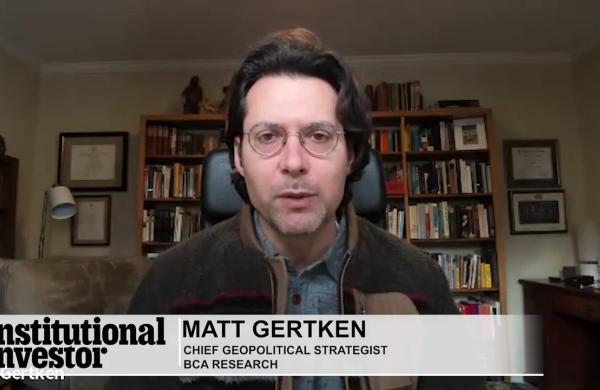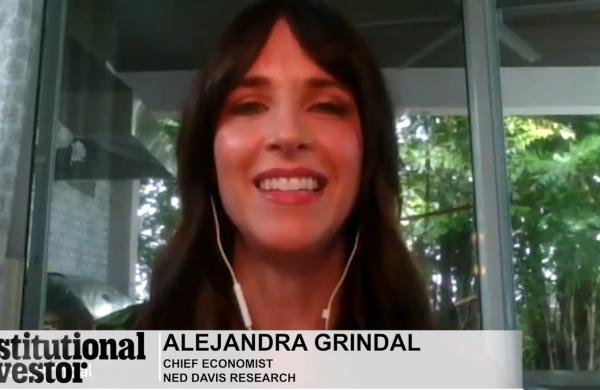There was no safe haven for Josef Ackermann last month. From the left the Deutsche Bank CEO had to endure German labor leaders calling him "arrogant." And from the right Angela Merkel, chairwoman of the country's conservative Christian Democratic Union, labeled him "insensitive." Protesters waving black flags outside Ackermann's Frankfurt office termed him "immoral." Even Chancellor Gerhard Schröder accused the bank chief of using "brute force."
The outrage stemmed from Ackermann's early-February announcement that despite outstanding gains -- Deutsche Bank saw a net profit of E2.5 billion ($3.2 billion) in 2004, an 87 percent increase over the previous year -- the bank would go ahead with plans to cut 1,920 jobs in Germany and a total of 6,400 positions worldwide.
Ackermann contends that the cuts are needed so the bank can meet its targeted 25 percent return on equity in 2005. That goal, he says, is necessary for Deutsche to achieve a capitalization that will help it compete in world markets with other financial heavyweights. Right now Deutsche ranks sixth in the world by assets and tenth by net revenues. But it drops to 23rd by market cap: $50.5 billion.
Although Ackermann defends his fixation on market capitalization as "a strategic imperative," critics like Edmund Stroiber, premier of Bavaria and head of the right-wing Christian-Social Union, condemn his methods as "tasteless, inept, unacceptable." Not even business leaders are rushing to Ackermann's defense. "Managers and businessmen shouldn't direct all their actions toward the sole aim of maximizing profits," Jürgen Thumann, incoming president of the Federation of German Industries, told a German newspaper. "We businessmen also have a responsibility toward society."
The intensity of Ackermann's pillorying may also be the result of bad timing: One day before the Deutsche Bank announcement, Germany's labor office released figures showing that for the first time since World War II, the country's unemployment had topped 5 million.
In a memo circulated among employees -- and the local press -- Deutsche management said that it sees itself as a "victim of political machinations" intended to divert public attention from government actions. In a separate memo to employees, Ackermann indicated that the protests will not change his mind. "We are standing firm," he wrote. "There is no alternative for us."





